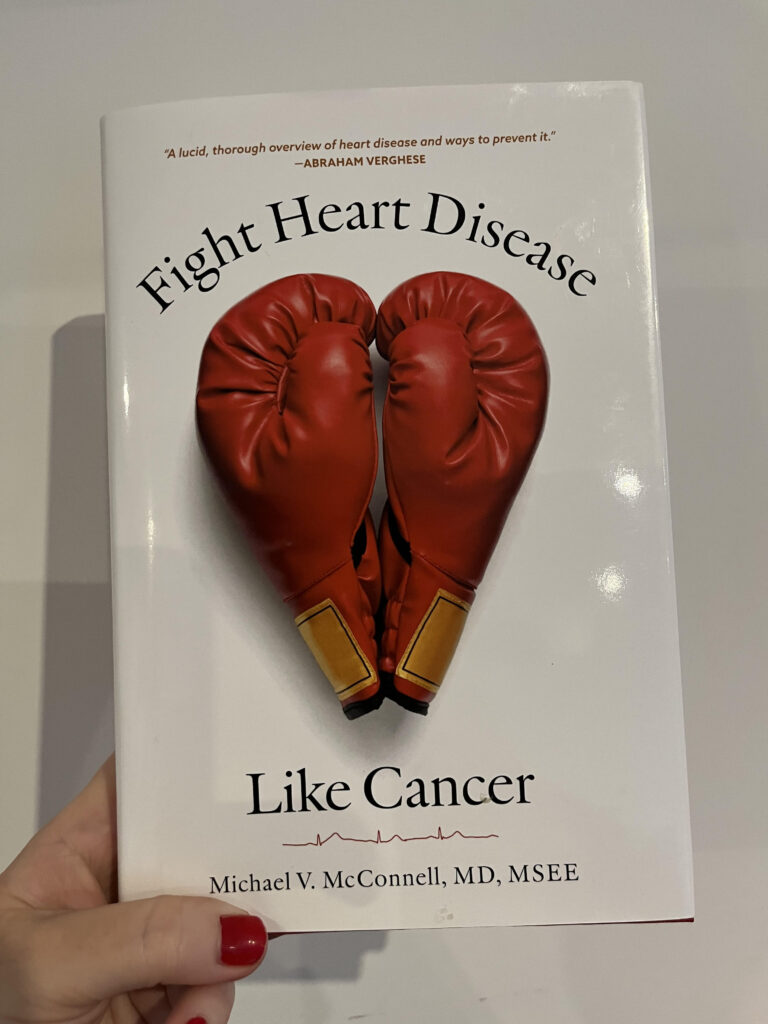Christmas may be a mere memory now but some of us are still in need of a spring clean for our body. I know I certainly do. So with spring on the way I started to finally detox myself and get in the best shape of my life. Here are some of the things I kick-started the spring clean with.
Pukka Wheatgrass Juice Powder
Wheatgrass?! Yes, I know it is very LA, but not only did it make me feel energised and healthy, but I also liked the taste. Wheatgrass is one of the most nourishing foods in the world and you can tell when you are drinking it. It just makes you feel instantly better. It is health in a glass.

Wheat Grass Juice naturally supports the body’s ability to cleanse itself due to its high chlorophyll content. It is one of the most nourishing foods in the world containing an easy to digest broad spectrum of vitamins, minerals, amino acids, proteins and antioxidants, but daily juicing can be a real pain – who really has time to pick and juice fresh Wheat Grass every day!?
Why not try Pukka Herb’s easy-to-use Wheat Grass Juice Powder instead? Unlike many other wheat grass products available, to ensure optimum potency, we use only concentrated fresh cold dried organic wheat grass juice, and now, for the first time, it is even available in a hand handbag friendly sachet for juicing on the go!
Pukka Herbs’ Fibre Plus
The fibre plus, like the wheatgrass, is in a handy sachet. You just add it to 250ml to water and you are good to go. It doesn’t taste as good as the wheatgrass but still leaves you feeling cleansed. It is a brilliant idea and has a lot of goodness in a condensed form.
Overindulging rich foods and alcohol can often result in indigestion. Pukka’s powerful new Fibre Plus sachets can help alleviate your digestive dramas. Containing a powerful blend of soluble and insoluble organic fibre blended to support and maintain a healthy and regular digestive system, its high fibre content lubricates the bowels, heals inflammation, and replenishes gut flora.
Clean Greens
Drinking this just gave me energy. Instantly. It made me feel healthy. I am inspired to buy these in bulk along with the wheatgrass. You can read below to find out exactly what it does, but I swear by these now. They just leaves you feeling cleansed and healthy. I have been trying to find a natural way to get more energy and I really think I have found it. They get the Frost thumbs up.

Alkalises & Oxygenates: Helps carry oxygen to the blood.
Mineralises: Minerals in these super-green foods help reduce food cravings.
Detoxifies: Removes unwanted substances causing stagnation, congestion from the body channels, organs, tissues and cells.
Reduces inflammation: Reduces inflammation throughout the digestive tract and liver.
The chlorophyll rich ingredients in Clean Greens helps carry out all of these vital functions and acts as a potent food based antioxidant that is intended to reduce premature ageing and bring you lasting vitality.
Pukka Herbs are available from Amazon UK and health stores.
After looking after your insides it is time to give your skin some attention.

As Jameela Jamil lands her dream job presenting the Radio One chart show, she also reveals the secret to her glowing skin and guess what?… It doesn’t cost a bomb!
Jameela credits the Dr Organic Manuka Honey Skincare range to her glowing skin and when asked what her top beauty tip is, she describes how “I throw on my Dr Organic Manuka Honey Rescue Cream, and go about my day”. She also loves the Dr Organic Manuka Honey Skin Lotion stating: “It smells so delicious I could eat my face!”

Dr Organic’s Manuka Honey Rescue Cream provides deep nourishment to skin leaving it feeling protected and intensely hydrated. Apply a small amount to the face, gently work into the skin and enjoy the gorgeous scent of Manuka Honey that will leave your skin silky and soft. Available from Holland & Barrett.
White Tea
Super healthy white tea is best brew for 2013 detox
Health-conscious shoppers have began searching for healthier alternatives to the morning caffeine hit or post-work pint.
This ‘detox January’ trend has driven brands like Tetley to launch green tea ranges, plugging the health benefits that the lower-caffeine and antioxidant-rich alternative to black tea is known to possess.
But east London tea entrepreneur Joe Kinch is backing a different, whiter horse – he knows that white tea is the perfect way to kick-start a healthy 2013.
Packed with antioxidants that boost the immune system, improve brain function, and can help prevent diseases like cancer and heart disease, and with very little caffeine, white tea is green tea’s healthier younger brother.
Both white and green teas come from the same tea plant, Camellia sinensis, but white tealeaves are harvested at a younger age than green tea leaves.
Because white and green teas are treated gently and not overly processed, they retain most of their beneficial antioxidants. White tea is the least processed of the two, as it isn’t fermented at all, but is simply steamed and dried. Since white tea is less processed, it retains a higher amount of antioxidants.
The antioxidants found in white tea have many health promoting properties from boosting cardiovascular health, helping to lower cholesterol, and enhancing weight loss.
In fact, a 2009 study by Kingston University and Neal’s Yard Remedies, found that white tea not only boosts health but can also combat age-associated wrinkles and other signs of ageing.
While green tea contains around 20g of caffeine, white has around 15g, making it perfect for people trying to avoid the less pleasant side effects of too much caffeinated stimulation.
White tea is considered rare and is usually more expensive than green, as it can only be hand picked during a few days of early spring and has to be handled with such care. But Joe’s Tea Co’s is set be the first tea company to make the health benefits of white tea available to the average Joe. Health-conscious shoppers can get a box of ‘Whiter than White’ online or in Harvey Nichols’ stores across the UK for less than a fiver.
Joe Kinch, owner of Joe’s Tea Co, said:
“I’ve been drinking white tea this January as I returned to work after a few days of over-indulgence – I hope people embrace it for its great flavour and super health benefits!”

Pharmacy-assured bespoke vitamins at the click of a mouse
A new way of taking vitamins has been launched which will change the way millions of people can access this important part of the health market, using innovative new daily vitamin pouches.
thrivevitamins.co.uk tailors the supply of vitamins to the user’s own lifestyle and brings pharmacy assured service to the online marketplace.
The service, established by retail expert Alan Beesley and pharmacist Brian Duggan, with support from Peter Batty, the chief executive of one of the North of England’s largest pharmacy groups, provides a personalised 28 day supply of vitamins unique to the customer’s own lifestyle and health and wellbeing needs.
The daily pouches instil a regimented approach to taking vitamins, which is both convenient and portable.
Using state of the art robotics, alongside the company’s professional experience in pharmacy and e-commerce, the vitamins are sealed in convenient teabag sized daily pouches, each printed with the customer’s name and the contents.
Brian Duggan said: “Prior to the launch of Thrive Vitamins, the marketplace could not cope with the requirements for individualised vitamin programmes, but we have developed a system which learns about the customer and recommends vitamin plans to suit their lifestyle.
“Rather than a bottle of one specific supplement, such as Zinc, the bespoke packs contain the mix of vitamins needed at regular intervals, meaning the service is efficient, removing the over-selling of products, which are in excess of the customer’s needs.”
Alan Beesley, who created the Thrive Vitamins brand, said: “We wanted to provide a more convenient, personalised service to compliment a customers lifestyle. So, we created an easy way to ensure customers receive the supplements they need, when they need them and in handy daily dose pouches.
“Our team includes pharmacists, retailers and even has a former member of the Royal Logistics Corps, whose organisation skills were utilised for 13 years ensuring the British Army had the equipment it needs. All together, we have developed an unique, professional and simple system which we believe will be popular with individuals and families alike.”













